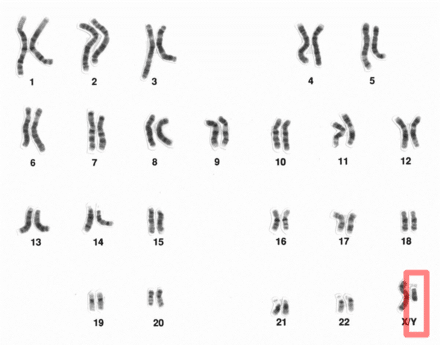Author Interviews, Genetic Research / 16.11.2020
Signaling Pathways Critical to Facial Development, and Birth Defects Identified
MedicalResearch.com Interview with:
Philippe M Soriano, PhD
Professor, Cell, Developmental & Regenerative Biology and
Oncological Sciences
Icahn School of Medicine at Mount Sinai
MedicalResearch.com: What is the background for this study?
Response: The study was performed primarily to help understand how signals sent from growth factors to their receptors on the cell surface (see reply to the following question) initiate a cascade of events within the cells that lead to proliferation, survival, or other biological responses. This is important to know because deregulation of many of these pathways can lead to cancers.
MedicalResearch.com: Would you explain what is meant by FGFs and their interaction with RTKs?
Response: FGFs are cell signaling proteins that are also known as growth factors because they often lead to cell proliferation. They act by binding to receptors on the cell surface that are part of a family of receptor tyrosine kinases (RTKs). These RTKs are transmembrane proteins that have a domain outside of the cell that binds to the growth factor and a domain within the cell that has tyrosine kinase activity, hence the name “receptor tyrosine kinase (RTK).” This enzymatic activity adds a phosphate to a tyrosine residue of target proteins and starts a typical signal transduction pathway (referred to in the paper as “canonical”) leading to the usual biological responses (proliferation, survival, migration, etc.)
(more…)






























